What treatment
10+ Highly Rated Stem Cell Treatment for Blood Diseases Clinics in United States
Reach Out to These Certified Stem Cell Treatment for Blood Diseases Clinics List in United States Loved by Patients!
Regenestem Fort Lauderdale, USA
Overview
Regenestem is a leading regenerative medicine center in Fort Lauderdale, USA, specializing in treatments for neurological conditions, COPD, MS, and more.
Read more details
California Wellness Institute
Overview
Discover Urology and Anti Aging Regenerative Medicine at California Wellness Institute in Rancho Mirage, California, USA - CWIs expert care.
Read more details
Personalized Regenerative Medicine
Overview
Personalized Regenerative Medicine provides best Regenerative Medicine in Los Angeles, USA. Book online now PRP Treatment and Regenerative Injections at Personalized Regenerative Medicine.
Read more detailsBlatman Health and Wellness Center
Overview
Experience advanced Regenerative Medicine at Blatman Health and Wellness Center in Cincinnati, USA. Rejuvenate your health today!
Read more detailsDiscover your treatment options with a free, no-obligation quote!
Get your quote now!PlacidWay Medical Tourism
Overview
Discover affordable, quality healthcare worldwide with PlacidWay Medical Tourism. Access trusted clinics, top doctors, and personalized treatment plans.
Read more detailsThe Institute of Regenerative Medicine
Overview
The Institute of Regenerative Medicine provides best Regenerative Medicine in Boca Raton, Florida. Book online now Regenerative Medicine for Knee Joint, Shoulder, Hip at PlacidWay!
Read more detailsVictor Regenerative Medicine Centers
Overview
Victor Regenerative Medicine Centers Dr. Steven Victor is located in New York, USA. The highly skilled medical team offers regenerative medicine therapies and aesthetic services to patients around the globe at affordable costs.
Read more detailsAmira Integrative Health by MJA Healthcare
Overview
Amira Integrative Health by MJA Healthcare in East Stroudsburg, PA, United States offers top regenerative therapies and holistic care for transformative health.
Read more detailsDiscover your treatment options with a free, no-obligation quote!
Get your quote now!New York Regenerative Medicine Center
Overview
New York Regenerative Medicine Center, located in New York City, USA, offers Stem Cell Therapy for a variety of procedures, from knee and hip problems to Muscular Dystrophy, Parkinson's and Lupus.
Read more detailsThrive MD
Overview
Thrive MD provides best Regenerative Medicine in Miami, Florida. Book online now Regenerative Medicine for Hip, Regenerative Medicine for Knee, and Regenerative Medicine for Shoulder at Thrive MD.
Read more detailsRegenestem Plantation Florida
Regenestem Plantation Florida is a leading stem cell treatment center in the United States. They aim to deliver comprehensive solutions for several ailments such as Arthritis, Autism, COPD, Diabetes, Multiple Sclerosis, Erectile Dysfunction and Orthopedic conditions among others.
Stem Cell Therapy of Las Vegas and Med Spa
Stem Cell Therapy of Las Vegas and Med Spa is a stem cell treatment medical center located in Las Vegas, Nevada, United States. They provide the latest technological solutions when it comes to stem cell treatments and extend their helping hand to all those in need. Find out more about them here.
Stemedix, Inc
Stemedix, Inc provides effective Regenerative Medicine, known as Stem Cell Therapy in Saint Petersburg, Florida. Book online now Stem Cell Treatment for ALS, Stem Cell Treatment for Alzheimer's Disease, and Stem Cell Treatment for Multiple Sclerosis at Stemedix, Inc.
Which are the best clinics for Stem Cell Treatment for Blood Diseases in the United States?
When searching for top clinics for stem cell treatment for blood diseases in the United States, look for facilities known for regenerative medicine expertise and high patient satisfaction. Notable centers include Regenestem Fort Lauderdale, California Wellness Institute, Thrive MD, Personalized Regenerative Medicine, and Blatman Health and Wellness Center. While these clinics are highly-rated for stem cell therapies generally, it's essential to verify their specific programs and accreditations for blood disorders to ensure specialized care for your condition.
Choosing the "best" clinic often depends on your specific blood disorder and individual needs. Highly-rated facilities like Regenestem in Fort Lauderdale are known for innovative regenerative therapies, and centers such as California Wellness Institute offer broader regenerative medicine services. Thrive MD and Personalized Regenerative Medicine also stand out for patient recommendations in general regenerative treatments. Blatman Health and Wellness Center in Cincinnati has a significant number of positive reviews for their stem cell offerings. Always consult directly with these centers to confirm their specific expertise, advanced technologies, and therapeutic approaches for blood diseases, and inquire about their patient outcomes and post-treatment support tailored to complex hematological conditions.
What types of blood disorders can be treated with stem cell therapy in US clinics?
US clinics utilize stem cell therapy primarily for various blood cancers like leukemia, lymphoma, and multiple myeloma, alongside genetic blood disorders such as sickle cell anemia and thalassemia. The treatment, often a hematopoietic stem cell transplant, aims to replace diseased bone marrow with healthy stem cells, restoring the body's ability to produce functional blood cells and combating the underlying illness.
Hematopoietic stem cell transplantation (HSCT) is a well-established and life-saving treatment for a range of blood-related conditions. Beyond blood cancers, it's also effective for certain immune system disorders and inherited metabolic disorders. Clinics across the United States are equipped to perform autologous transplants (using the patient's own stem cells) or allogeneic transplants (using donor stem cells), depending on the specific disease and patient eligibility. This advanced therapy can be a crucial option when conventional treatments have been exhausted or are unsuitable, offering hope for long-term remission and improved quality of life.
How do US clinics ensure patient safety during stem cell treatments for blood diseases?
US clinics prioritize patient safety in stem cell treatments for blood diseases by adhering strictly to FDA regulations, maintaining rigorous accreditation from organizations like FACT (Foundation for the Accreditation of Cellular Therapy), and implementing stringent protocols for patient screening, stem cell sourcing, processing, and administration. Their comprehensive approach minimizes risks and ensures quality care throughout the treatment journey.
To uphold the highest safety standards, clinics employ a multi-faceted approach. This includes meticulous patient evaluation to determine suitability and potential risks, thorough testing of both patient and donor (if applicable) for infectious diseases, and strict quality control measures for all stem cell products. Treatments are conducted in sterile environments, and patients receive continuous monitoring for adverse reactions. Post-treatment, comprehensive follow-up care is provided to manage any complications and track recovery. Clinics also ensure that all medical staff involved are highly trained and experienced in cellular therapies and blood disease management.
What are the key factors to consider when choosing a stem cell clinic for blood disorders in the United States?
When selecting a stem cell clinic for blood disorders in the US, key factors include verifying the clinic's accreditation (e.g., FACT), assessing the medical team's experience in hematology and stem cell transplantation, examining patient testimonials for outcomes and support, and ensuring transparency in treatment plans and expected recovery. It’s crucial to confirm the clinic's specific focus on blood diseases.
Beyond accreditations, consider the clinic's research involvement and participation in clinical trials, which often indicate a commitment to advanced, evidence-based practices. Evaluate the comprehensiveness of their pre- and post-treatment care programs, including psychological support and rehabilitation services. Communication is also vital; choose a clinic that offers clear, empathetic explanations, answers all your questions, and provides accessible channels for ongoing support. A reputable clinic will be transparent about the type of stem cells used, their sourcing, and the scientific basis for their therapies, helping you make an informed decision for your complex condition.
What is the typical process for receiving stem cell therapy at a US clinic for blood diseases?
The process for stem cell therapy for blood diseases in US clinics generally involves an initial consultation, comprehensive diagnostic evaluation, pre-transplant conditioning (often chemotherapy or radiation to prepare the body), the stem cell infusion itself (similar to a blood transfusion), and an intensive recovery period with vigilant post-transplant monitoring and supportive care.
Following the initial assessment, if you are a candidate, the clinic will guide you through donor matching if an allogeneic transplant is needed. The conditioning phase aims to eradicate diseased cells and create space for new stem cells. After the stem cell infusion, the "engraftment" period begins, where the new cells settle in the bone marrow and start producing healthy blood cells. This phase requires meticulous infection control, blood transfusions, and medication to manage side effects. Long-term follow-up ensures ongoing health, monitors for complications like graft-versus-host disease (GVHD), and adjusts care as needed, making it a marathon, not a sprint.
Are there specific types of stem cells used for blood disorder treatments in US clinics?
Yes, US clinics predominantly use Hematopoietic Stem Cells (HSCs) for treating blood disorders. These specialized stem cells are responsible for generating all types of blood cells and can be harvested from bone marrow, peripheral blood, or umbilical cord blood. The choice of source depends on the patient’s condition, donor availability, and specific clinical considerations.
Hematopoietic stem cells are crucial because they have the unique ability to self-renew and differentiate into all mature blood cell types, including red blood cells, white blood cells, and platelets. Bone marrow was historically the primary source, but peripheral blood stem cell collection is now more common due to its less invasive nature. Umbilical cord blood is another valuable source, particularly for pediatric patients, offering a lower risk of certain immune complications and a readily available supply. Clinics carefully select the most appropriate stem cell source to maximize treatment success and minimize patient risks for various blood diseases.
What kind of aftercare and follow-up is provided by US stem cell clinics for blood disorder patients?
US stem cell clinics provide extensive aftercare and follow-up for blood disorder patients, including rigorous infection monitoring, personalized medication management (e.g., immunosuppressants), nutritional counseling, and frequent check-ups to track recovery and detect complications early. This comprehensive support extends for months or even years post-treatment to ensure sustained health and well-being.
The post-treatment phase is critical for successful engraftment and recovery. Clinics focus on preventing and managing potential issues such as graft-versus-host disease (GVHD) in allogeneic transplants, opportunistic infections due to a suppressed immune system, and relapse of the underlying disease. Patients receive detailed instructions on diet, lifestyle adjustments, and symptom recognition. Many clinics also offer psychological support services to help patients and their families cope with the emotional challenges of long-term recovery. This multidisciplinary approach ensures patients receive continuous, coordinated care tailored to their evolving needs, often involving collaboration with their local healthcare providers.
What are the ethical considerations for stem cell therapy in US clinics treating blood diseases?
Ethical considerations for stem cell therapy in US clinics treating blood diseases center on ensuring full informed consent, rigorously adhering to FDA regulations for approved treatments (like hematopoietic stem cell transplantation), transparently distinguishing between standard care and experimental therapies, and avoiding the promotion of unproven or potentially harmful interventions. Patient well-being and scientific integrity are paramount.
Clinics are expected to provide patients with clear, unbiased information about the potential benefits, risks, and alternatives of any stem cell treatment. This includes educating patients about the difference between FDA-approved uses for blood disorders, which are highly regulated, and unapproved, often investigational therapies that carry different levels of risk and evidence. Ethical practice also demands fair patient selection, protection of patient privacy, and equitable access to care. Research ethics committees (IRBs) play a vital role in overseeing clinical trials to ensure they are conducted safely and ethically, prioritizing patient protection above all else.
Can international patients access stem cell treatment for blood diseases in US clinics?
Yes, many leading US stem cell clinics offering treatments for blood diseases welcome international patients, recognizing the global demand for advanced therapies. These facilities often provide comprehensive support services, including assistance with travel logistics, language interpretation, and coordination of medical documentation, to facilitate a smooth and accessible treatment experience for individuals traveling from abroad.
International patients seeking stem cell treatment in the United States typically begin with a remote consultation, submitting their medical records for review by specialists. This initial assessment helps determine eligibility and outlines a potential treatment plan. Following acceptance, patients will need to manage visa requirements, which often include securing a medical visa. Clinics accustomed to international patients can assist with these complex arrangements, offering case management services. Financial planning is also a significant aspect, as most treatments require self-payment or specialized medical tourism insurance. The goal is to provide world-class medical care with minimal logistical burden for patients traveling for life-saving treatments.
What research and advancements are US clinics making in stem cell treatment for blood diseases?
US clinics are at the forefront of pioneering research in stem cell treatment for blood diseases, driving advancements in gene-edited stem cell therapies for genetic conditions like sickle cell anemia, refining conditioning regimens to reduce toxicity, and exploring novel cell sources. Their efforts aim to improve treatment efficacy, expand therapeutic applications, and minimize side effects, ultimately enhancing patient outcomes.
Active participation in clinical trials is a hallmark of leading US clinics, where new strategies are tested for various blood disorders, including those resistant to current therapies. Innovations include developing "off-the-shelf" stem cell products, improving methods for ex vivo (outside the body) manipulation of stem cells to enhance their function, and research into immune tolerance strategies to reduce graft-versus-host disease (GVHD). These groundbreaking efforts are continually pushing the boundaries of regenerative medicine, offering new hope and more effective, safer treatment options for patients with complex blood diseases.












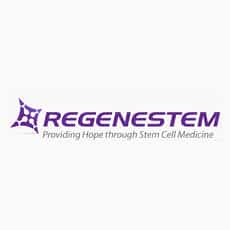
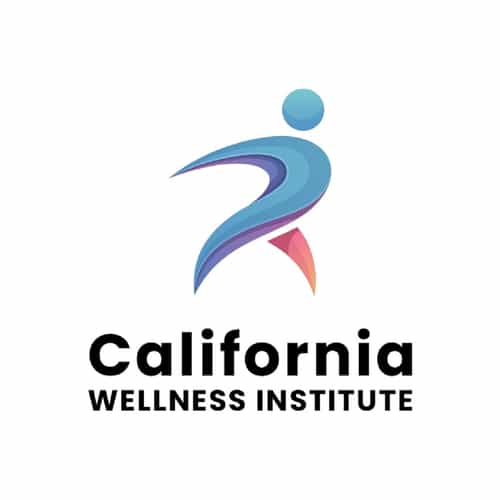

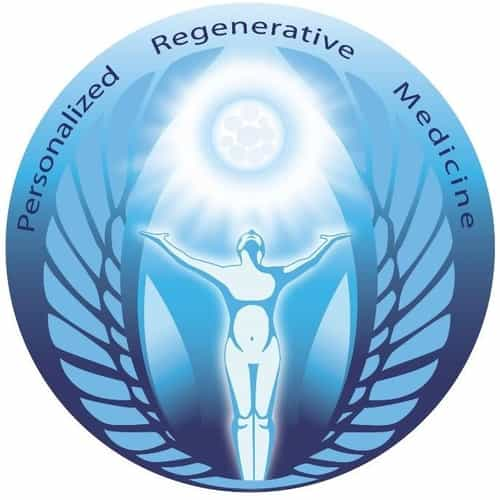
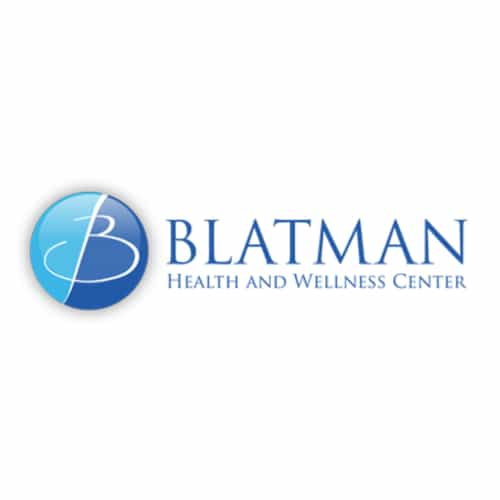
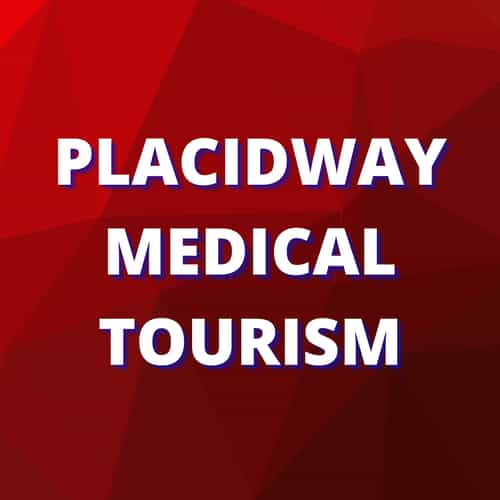
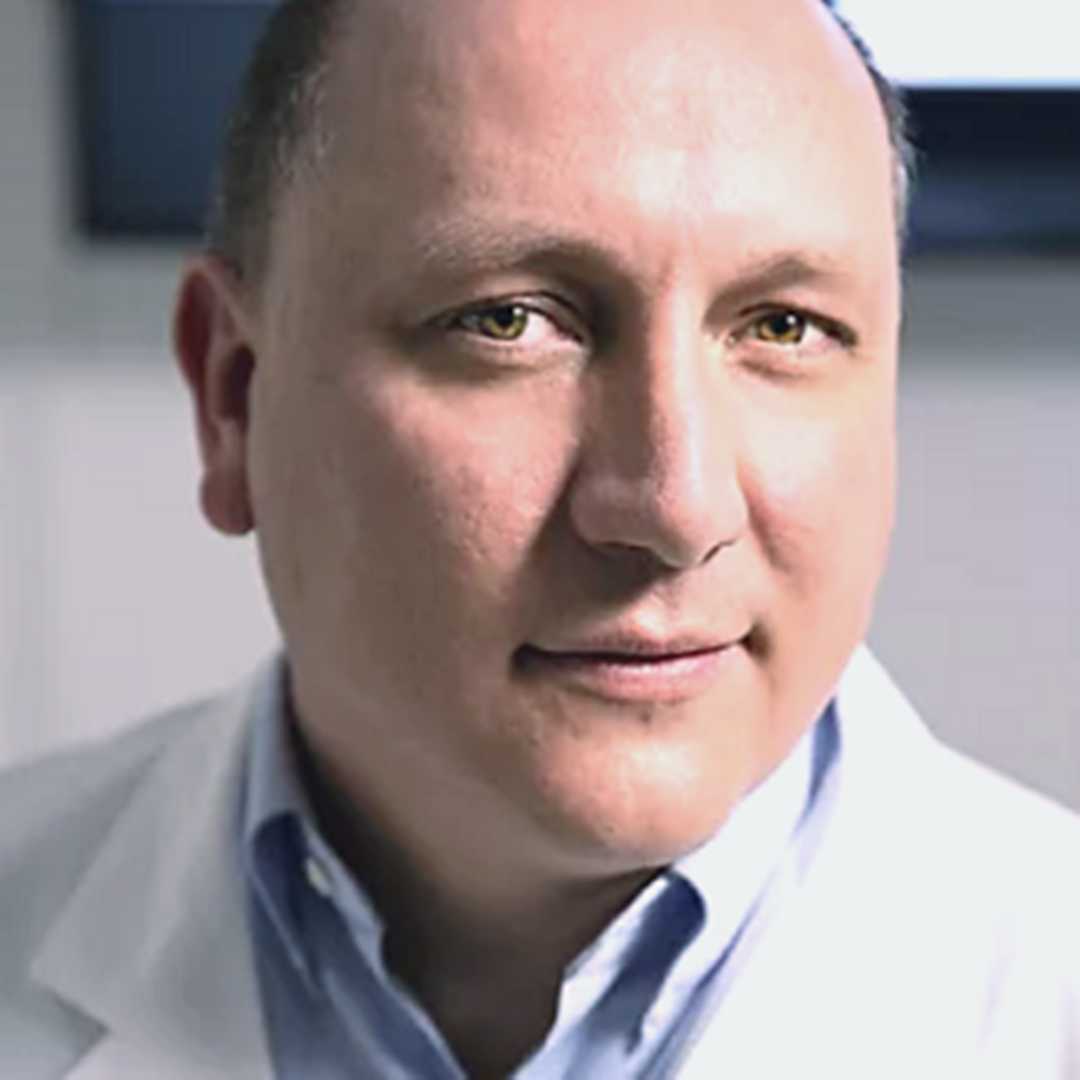
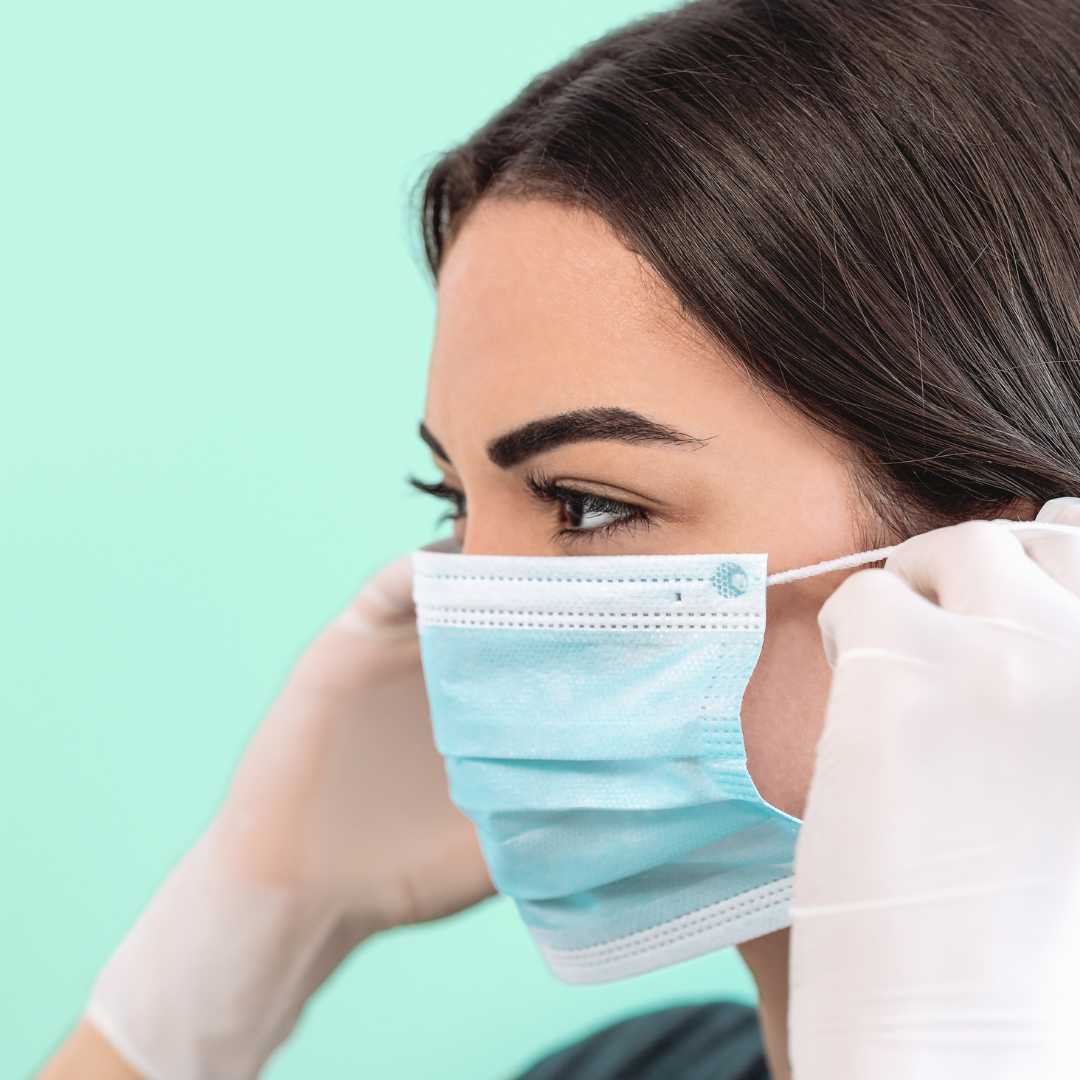



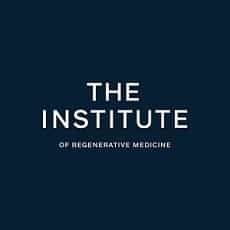
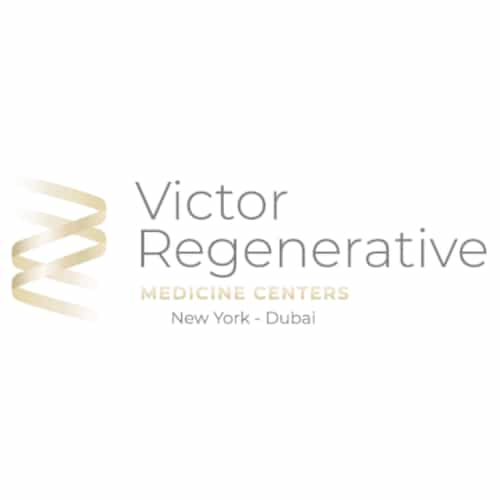
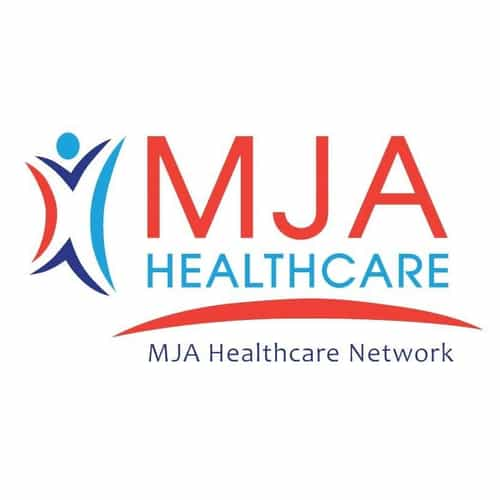
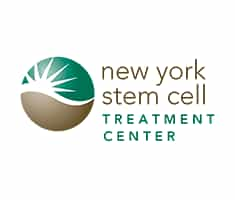
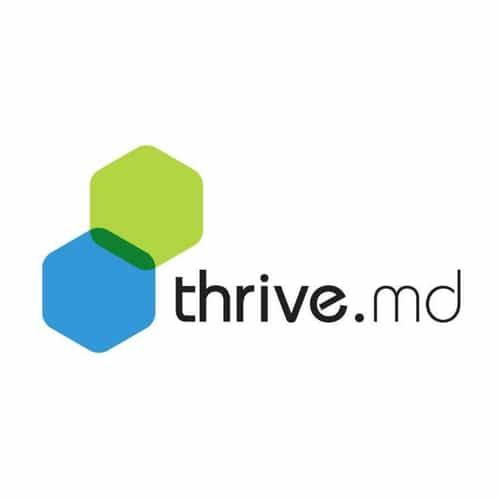
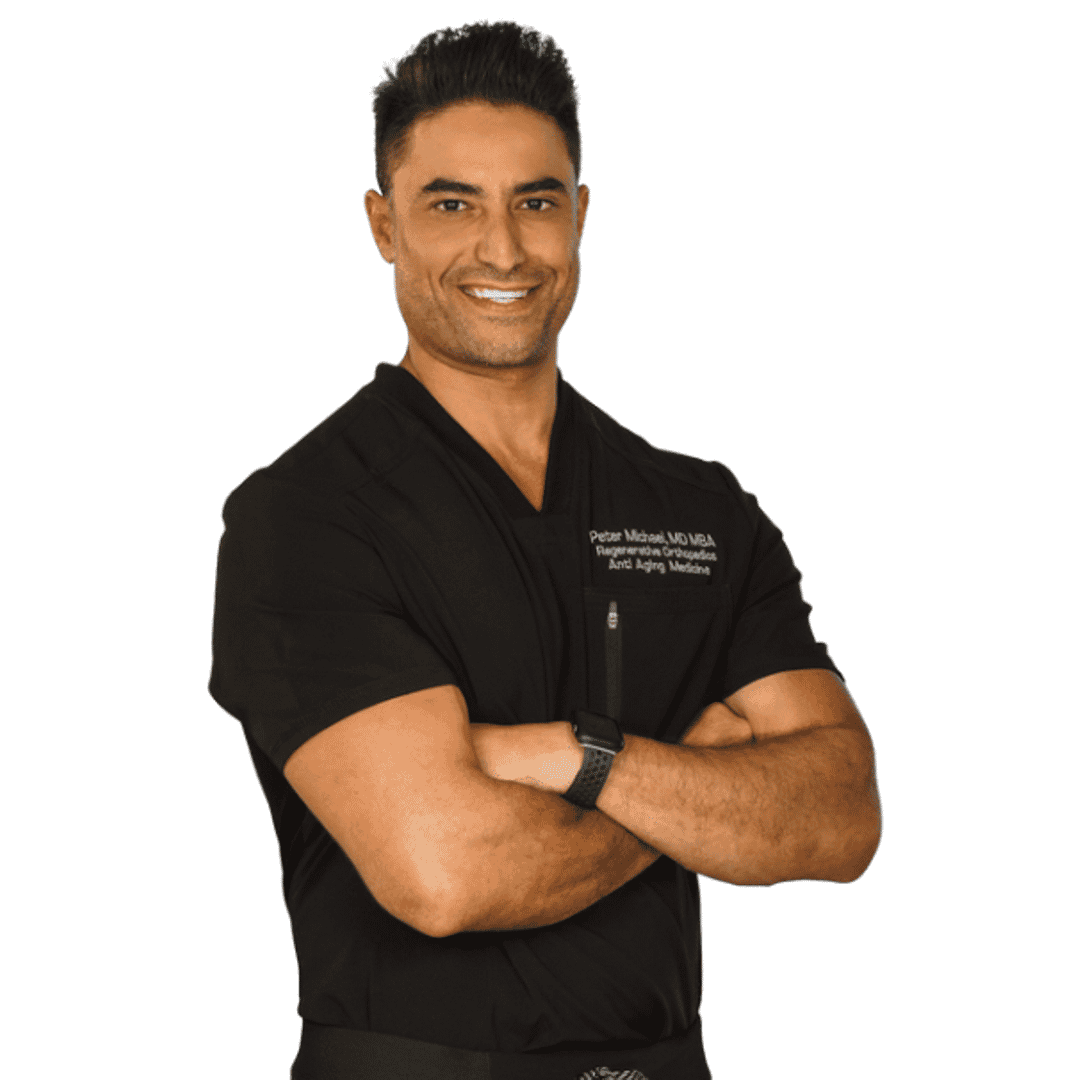




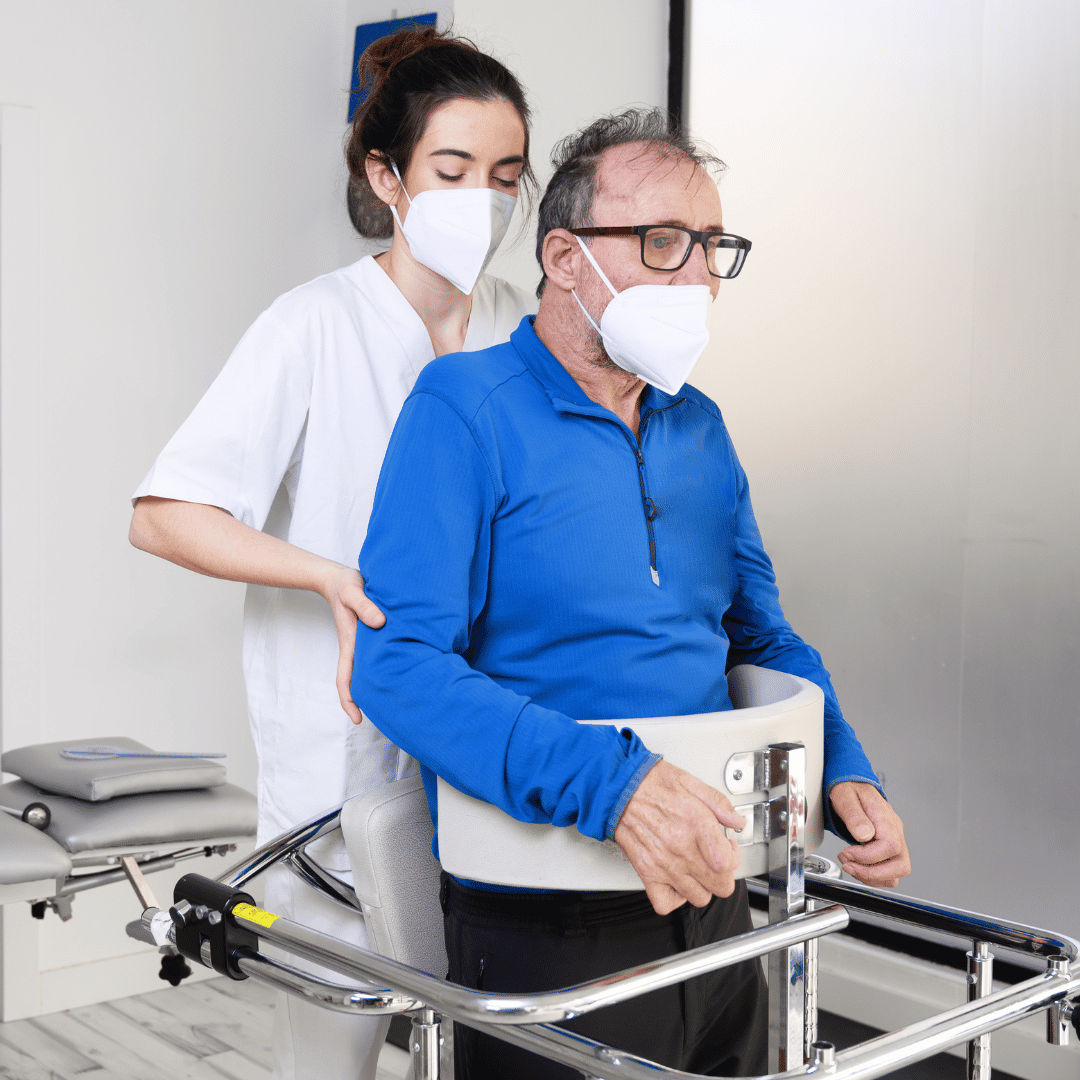

.png)


I just visited Regenestem office in Plantation, Florida and did an adipose stem cell procedure, peripheral blood stem cell, Ozone and IV vitamins treatment. It is a very clean safe place with excellent team who takes care of you. Everything was explained and all the questions answered. Dr. Stephen Channey is the best doctor I have ever met, he is very professional, caring and loving person. He does care about the patient and outcomes of the procedure. He knows what he is doing 100% and makes you feel at ease during the procedure. He answered all the questions during and after treatment and he has a great sense of humor so he makes you laugh! I would definitely recommend Regenestem to my friends and family. You will be in good hands! Ricardo and his team are the best!
Read More